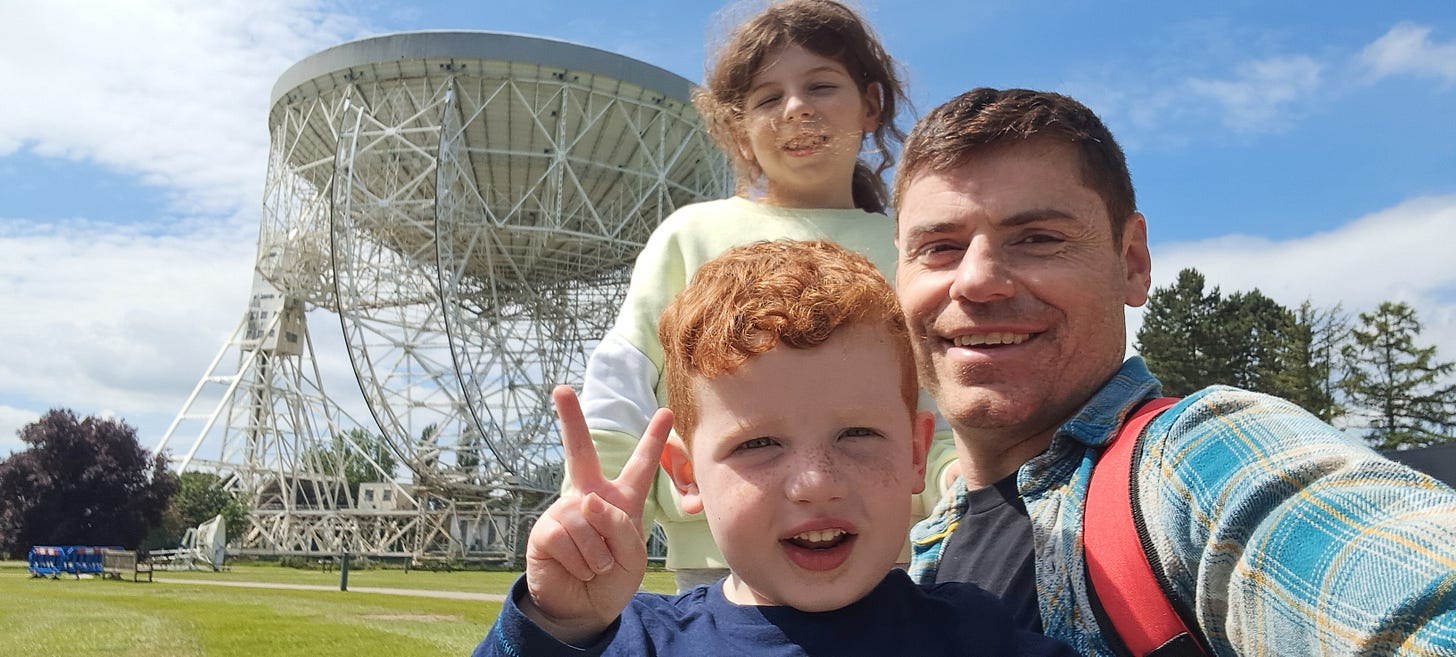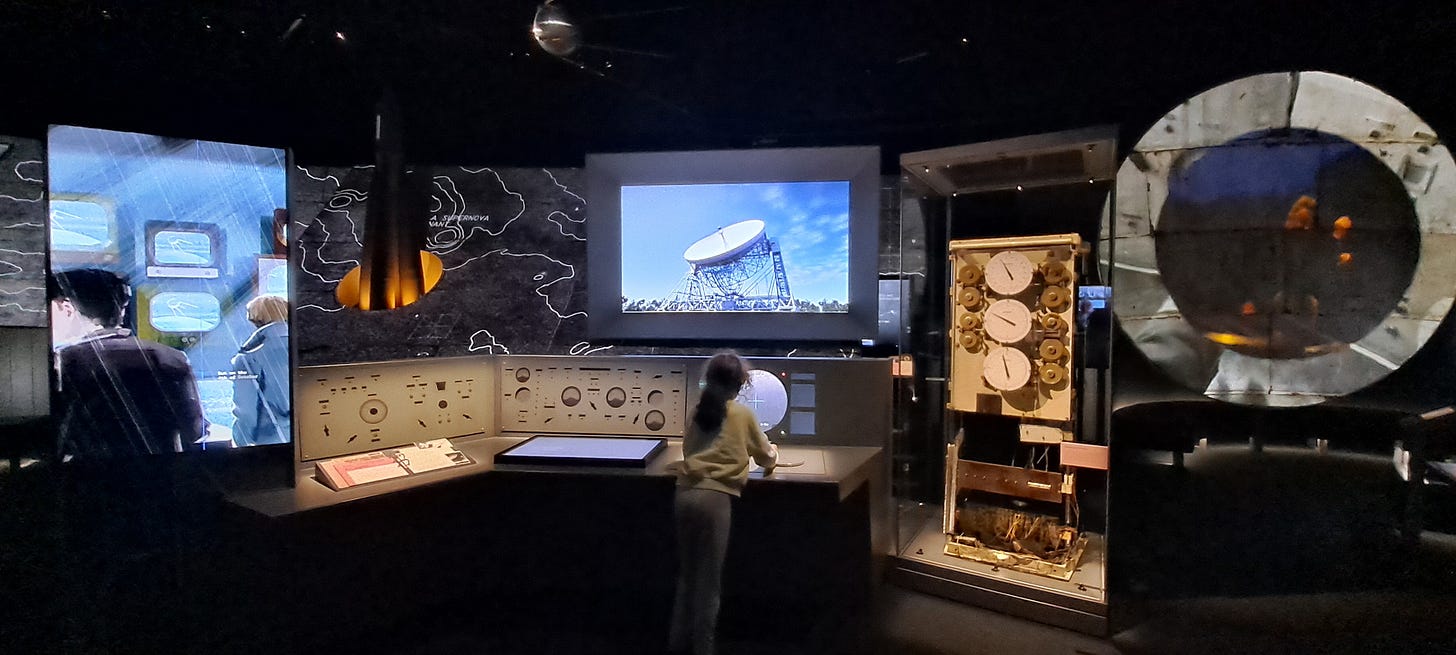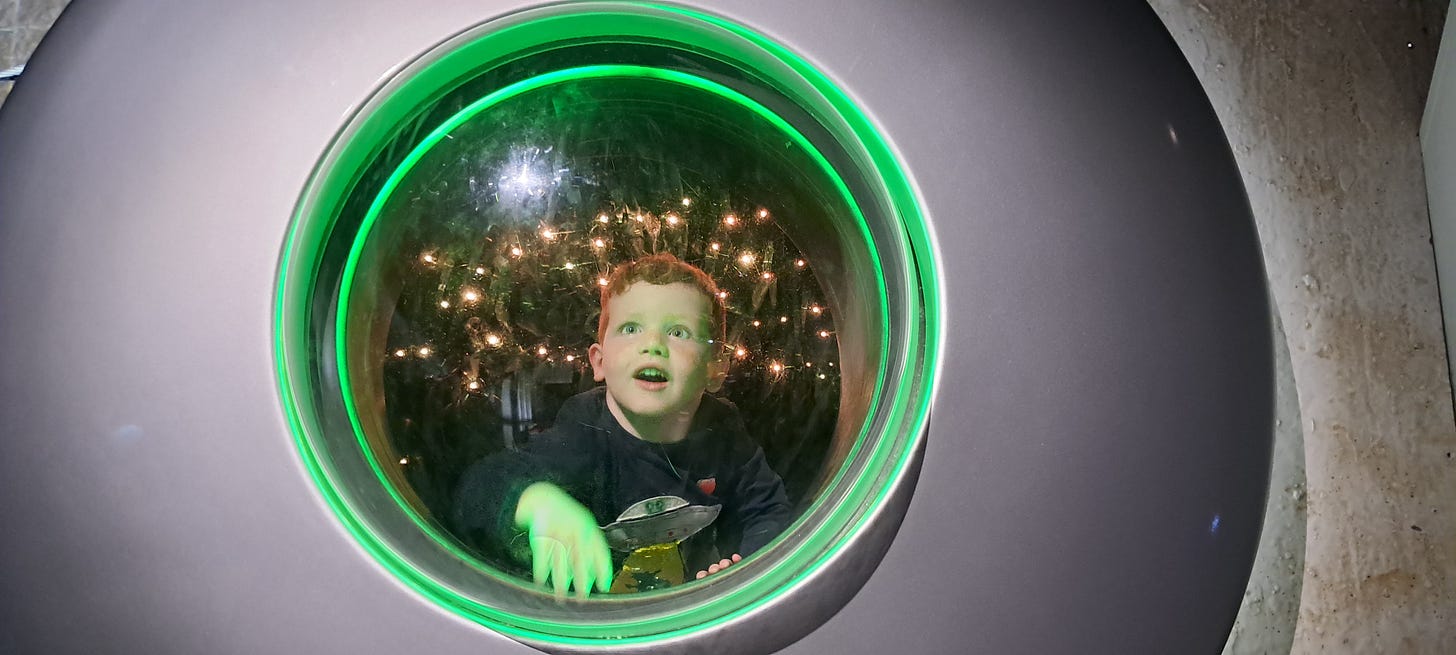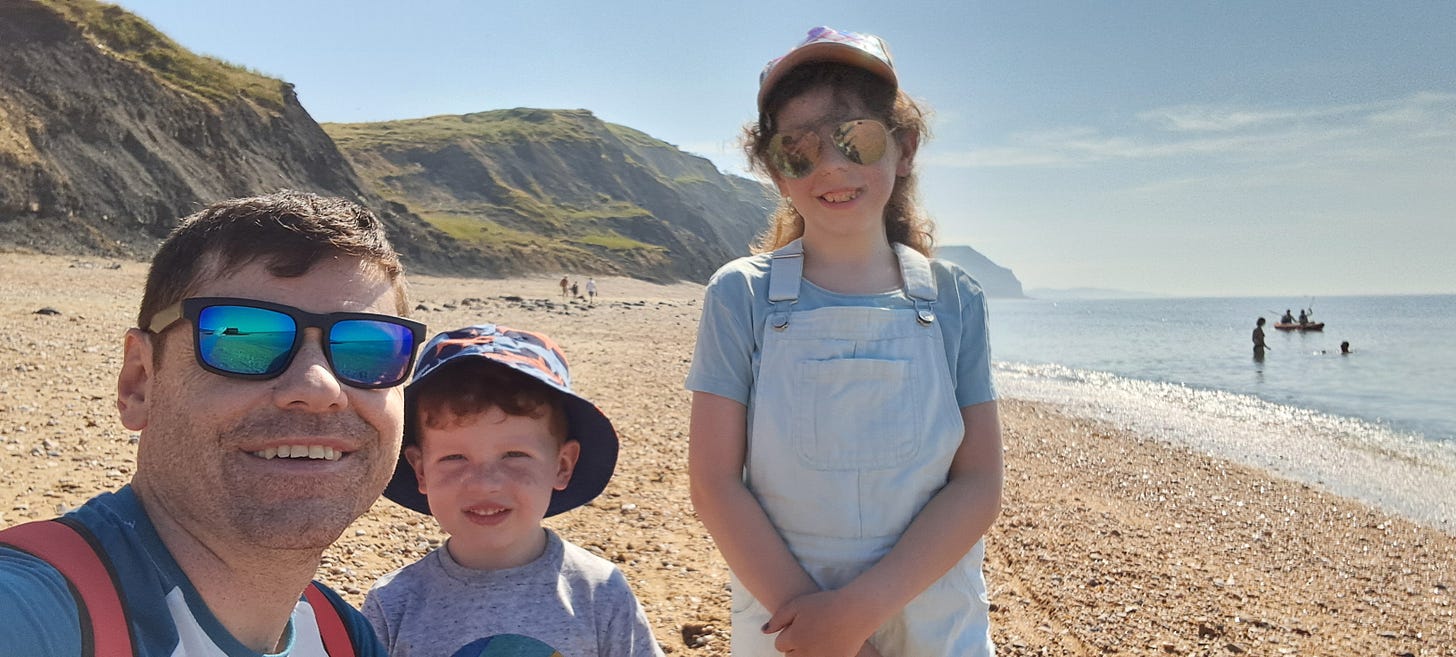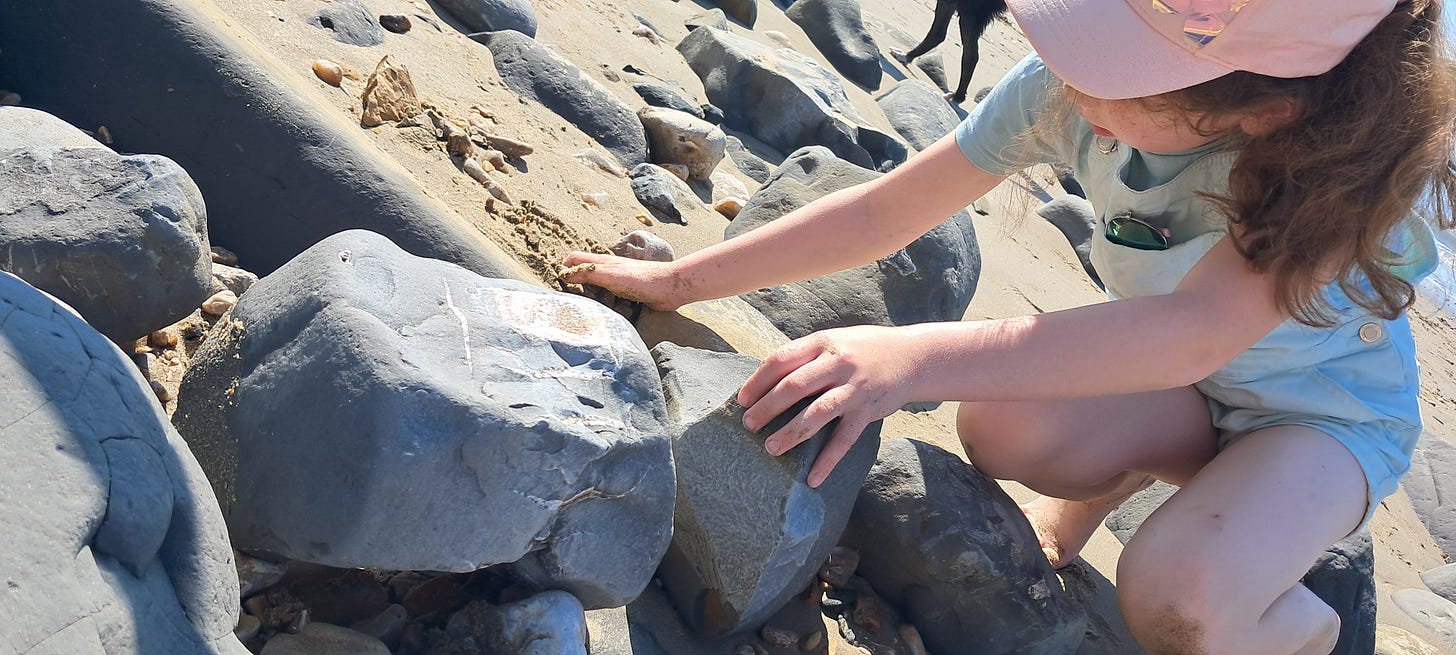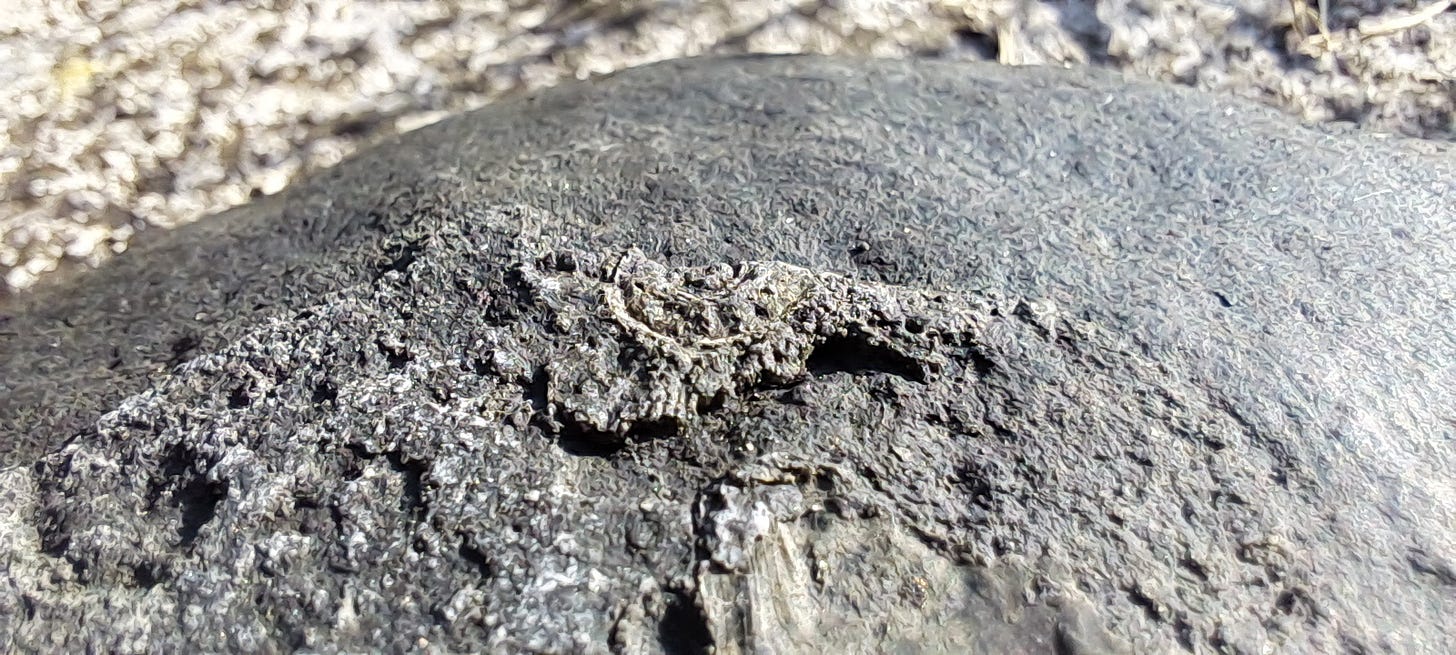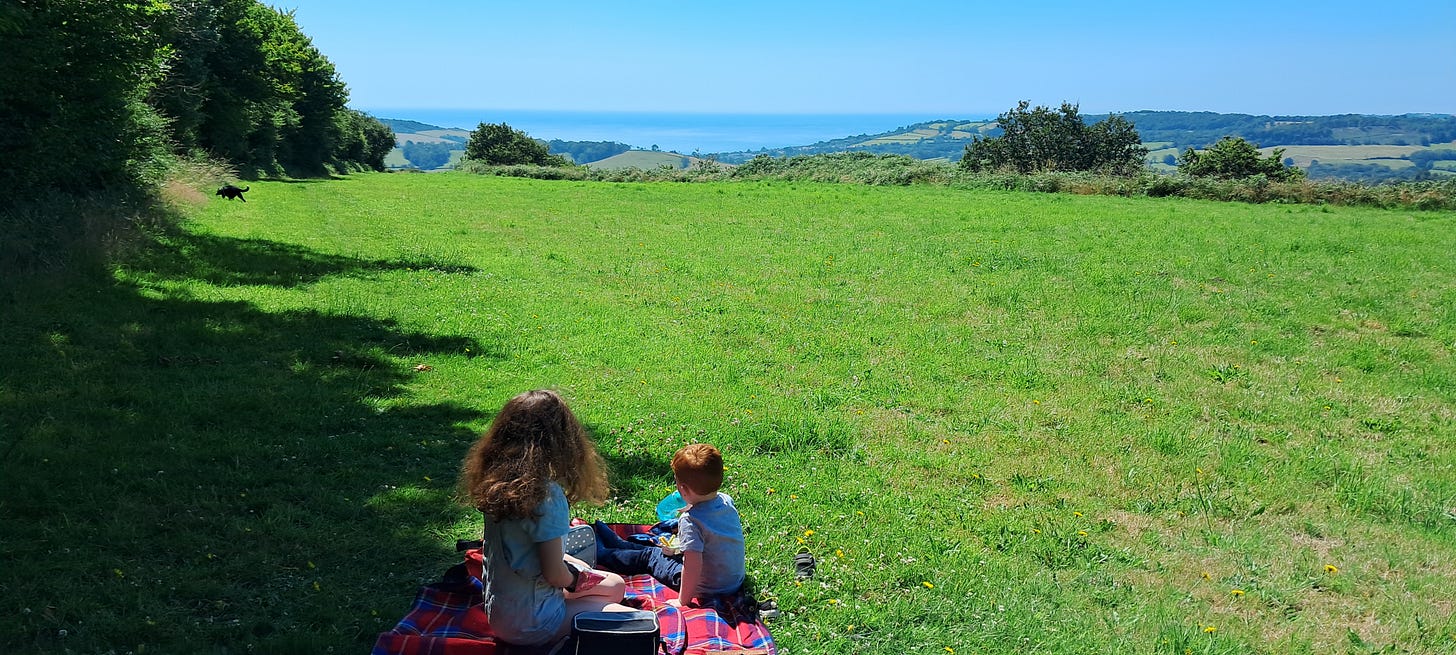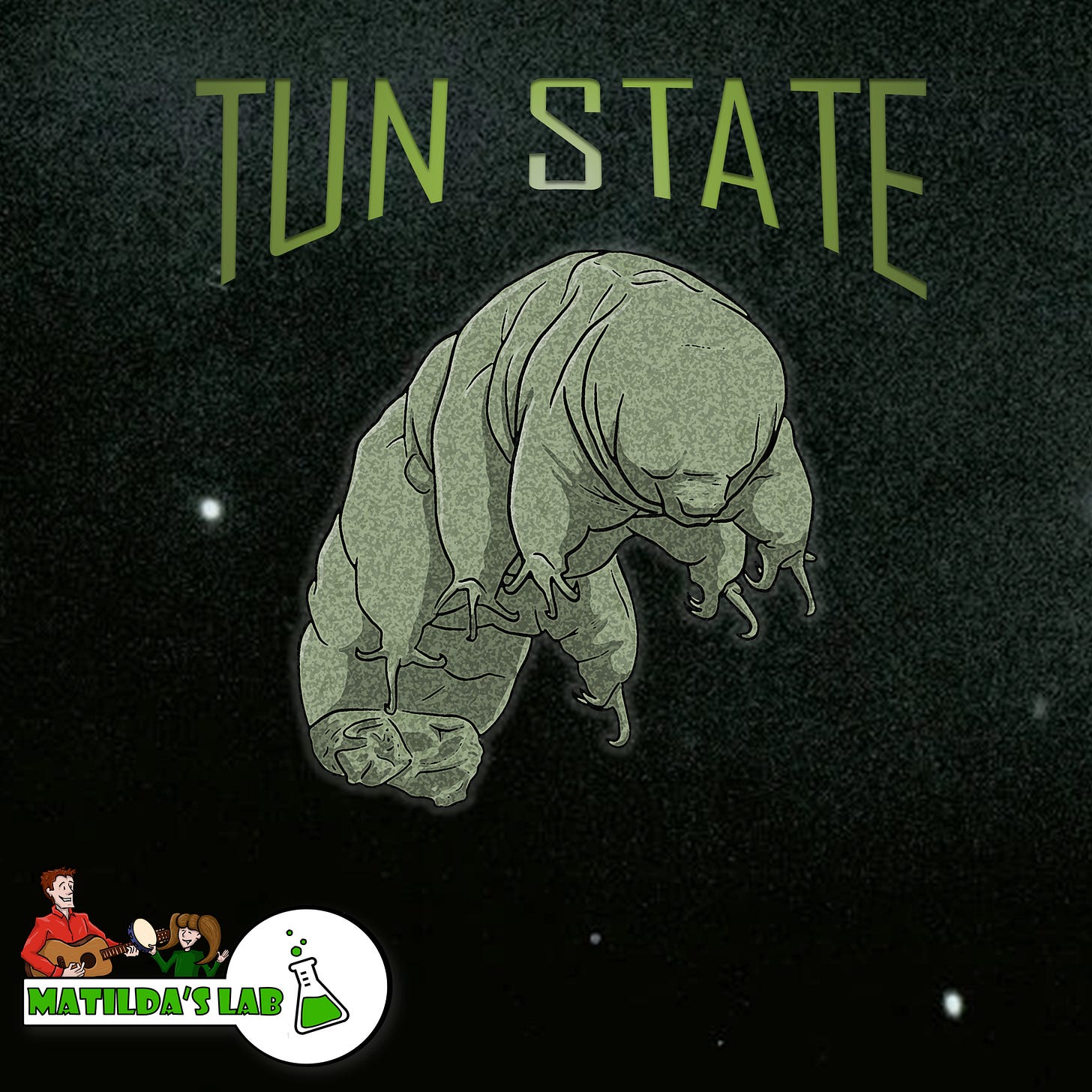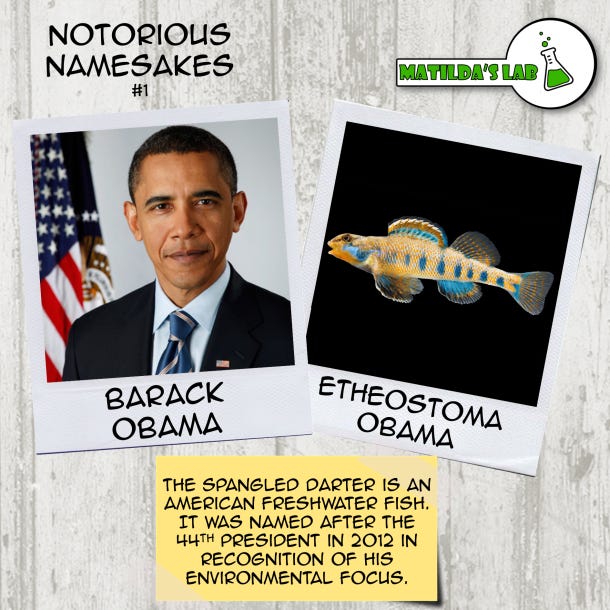Matilda's Lab Newsletter #60
This week we gain a business, look to the stars and look to the past. We have a wee-cleaning spacesuit, a home on the moon, asteroid busting, and a clearer picture of our ancient ancestors.
Oh yes, I’ve cobbled together 2 newsletters in 2 weeks. Go me!
What we’ve been up to
The biggest development in our household this last week is that Cat became a business owner! A few years ago, her brother got a French Bulldog puppy and decided to start a business making dog leads, collars, harnesses and so forth. The business was named after a nickname for French Bulldogs; Frog Dog, and the logo is based on their dog; Obi.
A few weeks ago, Cat gained a new niece and this has put strain on the time that could be devoted to the Frog Dog business; so up stepped Cat, to take on the challenge. This meant that last weekend we received a huge amount of stock, which we then had to find a home for.
As for the rest of us; the summer holidays started this week. I have taken the first 2 days of the holidays off work to have fun with the kids. Day 1 was an ‘eyes-up’ day, as we went all spacey at Jodrell Bank.
Jodrell Bank is a radio telescope that is about 75 years old. It discovered the first quasar (a super-massive black hole that is blasting light and energy out from all the stuff that is closely orbiting it) as well as the first pulsar (a dead (neutron) star that is spinning very quickly and emitting radio waves). The telescope is still working today and it has a wonderful visitor centre.
Since this is a ‘radio’ telescope, you need to put your phone on to aircraft mode when you arrive to prevent any interference with the signals that the telescope is reading.
Next week, the children won’t feature much in the newsletter as they are staying with their grandparents. After Jodrell Bank, we travelled down to Somerset to drop the children off; but I still had one day of holiday left with them. So the next day’s fun was ‘eyes-down’ with a trip to the Jurassic Coast, to do some fossil hunting.
Fossil hunting was really the added extra on this particular trip. Matilda spend most of her time paddling in the sea, and Nathaniel had great fun throwing stones around. The fact that any people were smashing rocks to try and discover 150 million-year-old treasures was basically free licence to him to fling stones.
It was lovely for a couple of hours until Nathaniel decided that he’d had enough. Anyone familiar will 3-year-olds will know that when they’ve had enough of something, they’ve had enough of everything!
“I want to go home. My legs are tired. I’ll be sad if we aren’t going home…” etc. etc.
In order to keep him engaged for a bit longer, I started to smash heavy rocks on other big rocks, to break them open. He found this great fun, but the fun had to stop when a rock, about 10kg (22lbs) bounced into my shin. Blood arrived, so it was time to leave.
We did find one tiny partial fossil, though.
On the way home, we found a lovely little spot to have a picnic.
New Blog content
The main piece to drop this week is the next Matilda’s Lab record. Tun State is a bit different from the previous releases. I wasn’t sure how Matilda would find it. She loves it, even though she doesn’t feature on this one. It’s a sparsely instrumented, sombre track that leans on metaphor. The lyrical protagonist of the song is comparing their separation from the object of their affections to the tun state of a tardigrade. Tardigrades are tiny animals, closely related to arthropods (like insects and crustaceans). They are famed for their ability to survive the harshest of conditions and they do this by entering a tun state. In the tun state, the tardigrade goes into a suspended animation. They evict all the moisture from their body, becoming a shrivelled, hard, crumb. They’ll remain like this until conditions are safe enough for them to return to their normal, active form.
One of the challenges with science songs is that it can be hard to make that emotional connection. Tun state uses the biological details to paint the picture of heartbreak in a way that will be entirely novel to those who are not familiar with the phylum Tardigrada.
From the Archive
The US presidential election is hitting all the headlines at the moment; with both candidates being targetted (either by gunmen or viruses). So it was a bit of a coincidence that this old post came up this week:
Science News
There’s an asteroid headed toward Earth! Don’t worry, it will miss. Despite this, the European Space Agency is going to try and knock a near Earth asteroid further away from us. It’s probably just as well that we don’t wait to try this until one is actually on collision course, if we don’t want to end up like the dinosaurs.
Are familiar with LUCA? Thanks to new study, it is now believed that LUCA (the Last Universal Common Ancestor of all things living today) was a bacterium that fermented sugars without oxygen and lived in an established ecosystem some 4.2 billion years ago.
Welcome to the future of space exploration: A spacesuit that turns your urine into fresh drinking water.
These recycled beverages may be enjoyed by future moon explorers, since a cave has been discovered on the moon which may be the ideal site for a future human colony to be established.
Kicking back
If the internet had its own Atlas
I don’t think that my head will ever adjust to this nugget of wisdom.
I may as well stop my history of science now. Here’s physics, all wrapped up.
When the sky thinks that it’s a lava lamp
That’s it for this week.
Please feel free to get in contact with any questions, suggestions or comments either via Substack or at matildaslab@gmail.com.
Please share this with anyone who you think will appreciate it. And remember to share with me any cool sciencey stuff that you find, to make sure that I can pack this newsletter with the best new science content each week.
Until next time, remember that one person’s old news is another’s revelation; so explore. Sometimes it’s not about being the first up the hill. The view’s still going to be breathtaking, no matter how many people have seen it before you.





